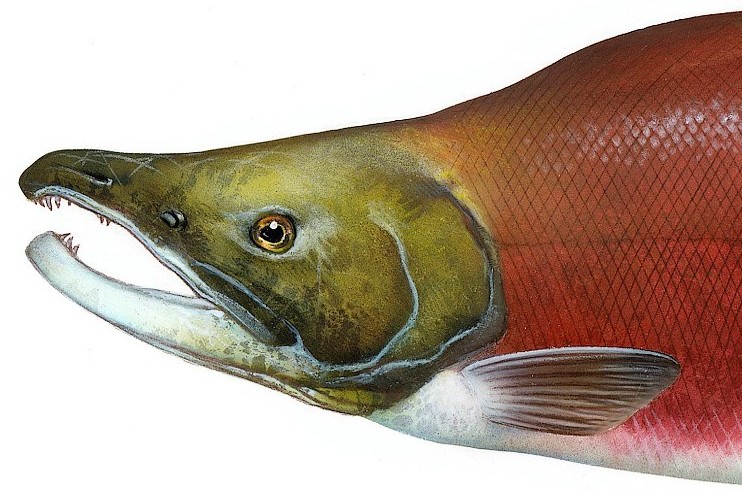 Tonight, fourteen of the fifteen remaining Republican candidates meet at the Coors Event Center in Boulder, Colorado for their third debate. As before, the size of the field forced the organizers to split it into two debates. In the first, which no one will watch, Bobby Jindal, Lindsay Graham, George Pataki and Rick Santorum will struggle for attention. Jim Gilmore wasn’t invited. How much longer will these men continue to campaign? Jindal, alone, has a chance of breaking out of the pack, and even his odds are looking longer by the day.
Tonight, fourteen of the fifteen remaining Republican candidates meet at the Coors Event Center in Boulder, Colorado for their third debate. As before, the size of the field forced the organizers to split it into two debates. In the first, which no one will watch, Bobby Jindal, Lindsay Graham, George Pataki and Rick Santorum will struggle for attention. Jim Gilmore wasn’t invited. How much longer will these men continue to campaign? Jindal, alone, has a chance of breaking out of the pack, and even his odds are looking longer by the day.
In the main debate, erstwhile frontrunner Donald Trump will participate from behind in the polls for the first time. He must do something to regain his dwindling fanbase, but I don’t think it’s possible. What brought them to him in the first place had nothing to do with words or reason, and no words or reason can bring them back. What will be interesting is how he tries: will Trump attack the new favorite, Ben Carson, or will he continue his assault on Jeb Bush?
Carson, who now outpolls Trump in Iowa by a significant margin, is difficult to figure out. It’s hard for the other candidates to go negative against him because even people (like me) who don’t want to vote for him still think of him as a decent man. The usual Trump bombast might backfire. On the other hand, a more solid performance from Carson might increase his lead, especially if he looks less bewildered than last time.
For Bush, who I think who would do the best job as President, the challenge is to show himself as the best candidate. His campaign has featured the most well-thought-out policy proposals of any of them, but he has yet to translate earnest desire for the job into a more inspirational fire in the belly that will draw supporters to his cause.
Of all of the candidates, Marco Rubio has risen the most in my estimation through his debate performance. He consistently knows what he’s talking about and comes up with thoughtful, conservative answers. His poll numbers have been rising, and another good performance could convince undecided voters that he is up to the job.
Since her inspiring performance last time, Carly Fiorina has been coasting back down to the middle of the pack. She’s the most credible of the outsider candidates, and this is her chance to show it again. Cruz, too, could use this debate as the chance to push ahead of the pack. As the only candidate to straddle the outsider-insider divide, he could pick up some of the supporters Trump is losing, especially if he manages to sound more bellicose. They seem to like that.
Christie has been out of the news so much I keep forgetting he’s running. He had a good showing last time, but something seems to be holding him back. Likewise, Kasich has been getting some supporters, but seems blocked by the other mainstream candidates. Paul will keep looking for the libertarian moment. Sadly, I don’t think 2016 is it. But some good answers on civil liberties questions might brighten his candidacy.
Huckabee will probably make some good conservative answers and sell a few more books, which seems to be the point of his candidacy.
If you’re tired of my opinions, here are some from a few other people:
- Debate Preview: Heated Rivalries Take the Stage, by Caitlin Huey-Burns
- GOP Outsiders Are Likely to Stay That Way, by David Avella
- CNBC’s John Harwood Has No Business Moderating A GOP Presidential Debate, by Mollie Hemingway
- GOP campaigns ponder: Is it safe to attack Ben Carson? by Byron York
- What the GOP’s Top Candidates Must Do in Their Third Debate, by John Dickerson
